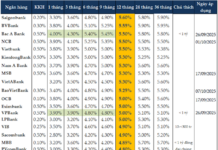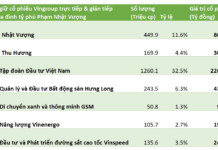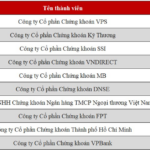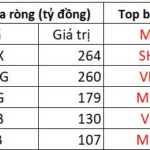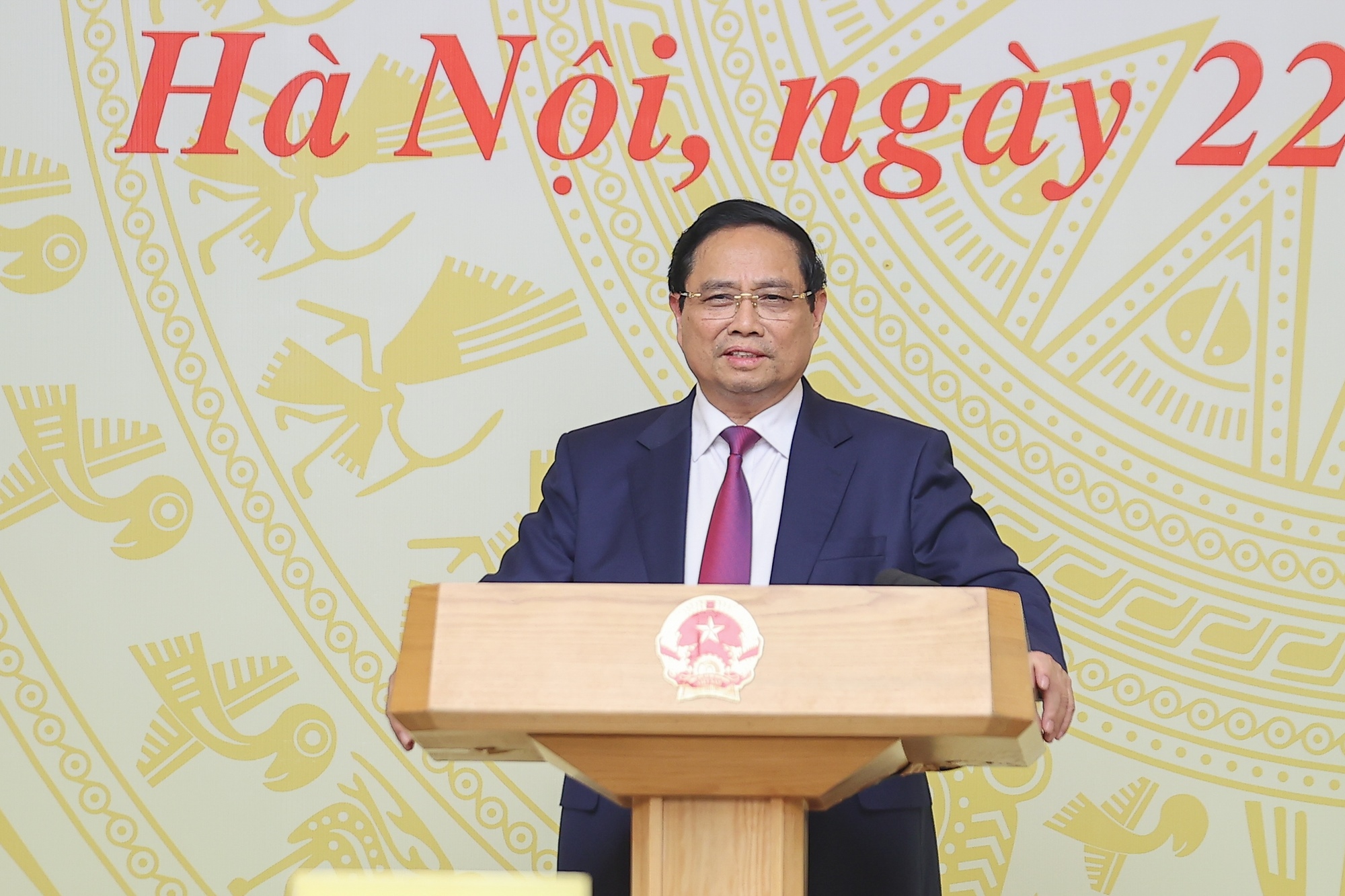
Prime Minister Pham Minh Chinh co-chairs the Conference on Summarizing the 2024-2025 Academic Year and Deploying Tasks for the 2025-2026 Academic Year – Photo: VGP
|
On the afternoon of August 22, Prime Minister Pham Minh Chinh chaired the Conference on Summarizing the 2024-2025 Academic Year and Deploying Tasks for the 2025-2026 Academic Year.
In his directive speech, the Prime Minister emphasized that the tradition of valuing education, respecting teachers and scholars, and considering talented people as the country’s vital energy is a precious heritage of the Vietnamese nation. The Party and State always affirm that education and training are a top priority and play a particularly important role in shaping the personality, capacity, and intelligence of Vietnamese people.
The Prime Minister affirmed that human resources are the decisive factor in the success of a nation. Education and training have the mission to form “Virtue – Intelligence – Physique – Beauty,” creating a foundation for rapid and sustainable development. Teachers are revered by society and are considered noble figures, and it is an honor and a matter of pride to be an educator.
The Prime Minister commended the sector’s achievements, summarizing them in 36 words: “Improved institutions, streamlined apparatus, enhanced quality, professional exams, advanced teachers, expanded integration, upgraded facilities, developed science, and early talents.”
Notable achievements include the National Assembly passing the Law on Teachers and resolutions on universalization and tuition fee exemption; streamlining the organizational structure of the Ministry of Education and Training to enhance its effectiveness and efficiency; and continuously innovating teaching methods and professionalizing examinations.
The quality of education at all levels has improved, with an increase in the number of STEM training institutions and several Vietnamese universities ranking among the top in the region. The teaching staff mostly meets the standards, and Vietnamese students have achieved outstanding results in international Olympic competitions. Investments have been made to upgrade school infrastructure, and the digitization of educational data has begun.
Limitations and shortcomings
Alongside these achievements, the Prime Minister frankly pointed out some existing shortcomings: the 2018 general education program has been implemented with certain limitations, and there is still a lack of educational infrastructure and a shortage of teachers in many places.
The scale of vocational education and training remains fragmented, with an unbalanced sector structure and training quality that has not yet met the demands of the labor market. University education focuses mainly on socio-economic sectors, while basic science and technical sectors are less attractive.
Education in morality, lifestyle, and life skills has not been truly effective; school violence and drug abuse among students still occur. School network planning has been slow, and infrastructure in many places, especially in remote, border, and island areas, is deteriorating.
Key tasks for the 2025-2026 academic year
The Prime Minister emphasized that education is not only the responsibility of the sector but also a common task of the entire political system, the people, and the community. The guiding principle is: “Students are the center, teachers are the driving force, schools are the foundation, families are the support, and society is the foundation.”
In the 2025-2026 academic year, the sector will focus on the following tasks: perfecting the institutional system and thoroughly preparing conditions for the new school year; prioritizing investment in educational infrastructure, especially for kindergartens and schools; building a teaching staff that is sufficient in quantity and excellent in quality; implementing the program for universalizing kindergarten education for 3-5-year-olds; and preparing a breakthrough resolution on the development of education and training when the Politburo issues it.
The Prime Minister also requested improving the quality of human resources training in association with science and technology, the digital economy, and the green economy; integrating artificial intelligence and digital skills into the curriculum; and gradually making English a second language in schools. At the same time, it is necessary to promote digital transformation further, develop shared digital educational resources, and expand international cooperation in education.
As the new school year approaches, the Prime Minister extended his best wishes to the entire education sector, especially to over one million teachers, hoping that they will continue to demonstrate their sense of responsibility and firmly pursue the goal of comprehensively renewing education, thus contributing to the country’s prosperity and power.
– 20:58 22/08/2025
Danang Establishes Advisory Board for International Financial Center, Featuring Prominent Entrepreneurs: Truong Gia Binh, Nguyen Trung Chinh, Nguyen Tu Quang, and Nguyen Duy Hung
“The city is establishing a financial mechanism to attract talent from financial institutions in Europe, Singapore, Dubai, the US, and more to join the Vietnam International Financial Center in Da Nang,” said Nguyen Van Quang, the Secretary of the Da Nang Party Committee, at a conference announcing the National Assembly’s Resolution 222/2025/QH15 on the Vietnam International Financial Center held recently in Ho Chi Minh City.
A Brighter Future for Preschool Education: Transforming the Landscape for Millions of Parents and Children Across the Nation.
“The Ministry of Education and Training has proposed a new support policy for preschool children aged 3 to 5 years old. This policy aims to provide additional resources and support to ensure these young children have access to quality education and care during their crucial early development years.”
“Vinmec and Ho Chi Minh City National University Join Forces to Enhance Healthcare Quality”
Vinmec Healthcare System and Ho Chi Minh City National University (HCM NIU) have forged a strategic partnership to enhance the nation’s healthcare standards and develop high-quality medical personnel. This collaboration aims to synergize the expertise of both institutions, elevating the level of healthcare services and fostering professional excellence within the medical community in Vietnam.
The New Era of the Semiconductor Race: Seizing the Opportunity to Soar
To seize the opportunity to leap forward in the race to manufacture semiconductor chips, Vietnam should focus on training a high-quality engineering workforce, according to experts.






